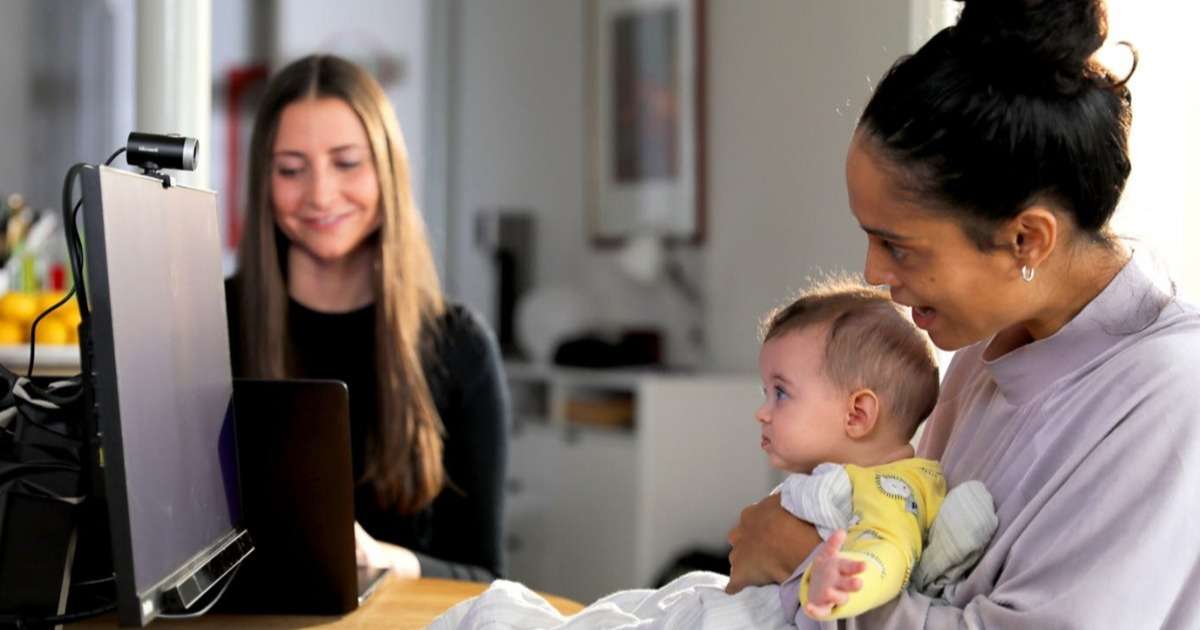
5 examples of infant studies
Researchers perform infant studies to properly monitor and understand all kinds of development factors. In this blog post, five examples of infant studies are highlighted.

The relevance of emotions on the evaluation of a transactional website
A UX test is a method of evaluating a product or service by having users test it. Researchers studied how emotions influence opinions about a website by conducting UX tests.

3 Examples of eye tracking lab set-ups
Can you imagine, in the 19th century the study of eye movements for instance was done by means of direct observations? Luckily, nowadays eye tracking can easily be automated.

7 ways to continue your research from home
We have gathered lots of ideas and ways to facilitate working from home and to continue research projects. In this blog post, we will list these seven approaches for you.

Predicting behavior from non-verbal communication
Suppose a darts player is ready to throw a dart while showing a smile on his face. Would he hit the attempted number of points as opposed to missing the shot if he looked grumpy? Research has been done to figure this out.

Entrepreneurs’ facial expressions & emotional contagion during investor pitches
What is the influence of emotions in a decision-making process? Dinkla and Liebregts wondered if displaying joy and emotional mimicry play a role during pitches.

Do your emotions and moods change as you get older?
Are emotions affected differently for younger than for older people? Researchers used FaceReader to complement self-assessments and objectify mood changes to answer this question.

How to measure consumer behavior
Measuring consumer behavior enables you to really know your customers and get key insights into consumer preferences and buying behavior. We highlight four of these ways for you in this blog post.

Investigating facial expressions in autism and borderline personality disorder
Within two specific populations researchers investigated the role of facial expressions on social interactions.

The role of entrepreneurs’ facial expressions to gain financial support
As an entrepreneur, attracting financial support is essential to get your start-up of the ground. How can positive facial expressions help to be more successful in a funding pitch?
